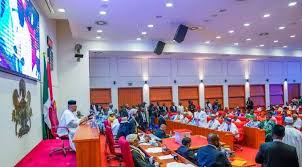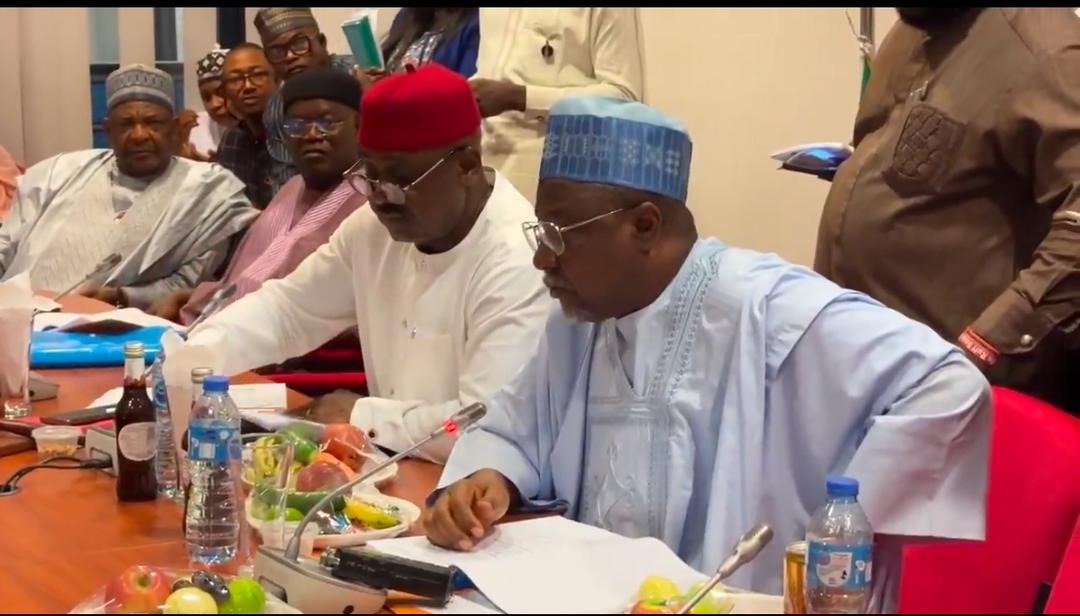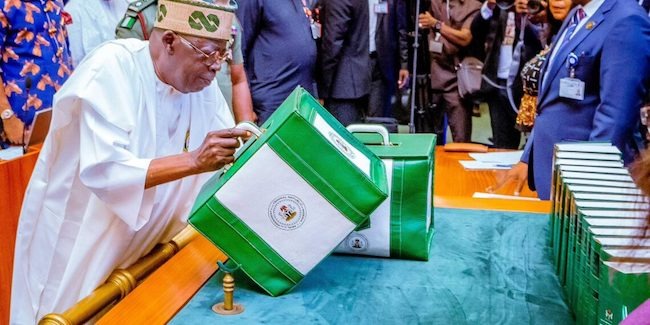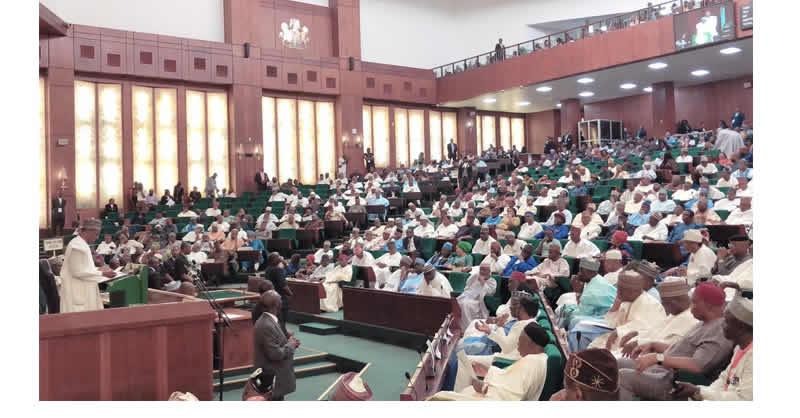The National Assembly has recalibrated the 2025 budget, making key adjustments to expenditure allocations while maintaining the overall budget size at N54.9 trillion. This decision, announced on Tuesday, follows a motion presented by Senator Adeola Olamilekan and Hon. Abubakar Kabir, chairpersons of the respective appropriations committees, citing the need for accuracy and alignment with national …





